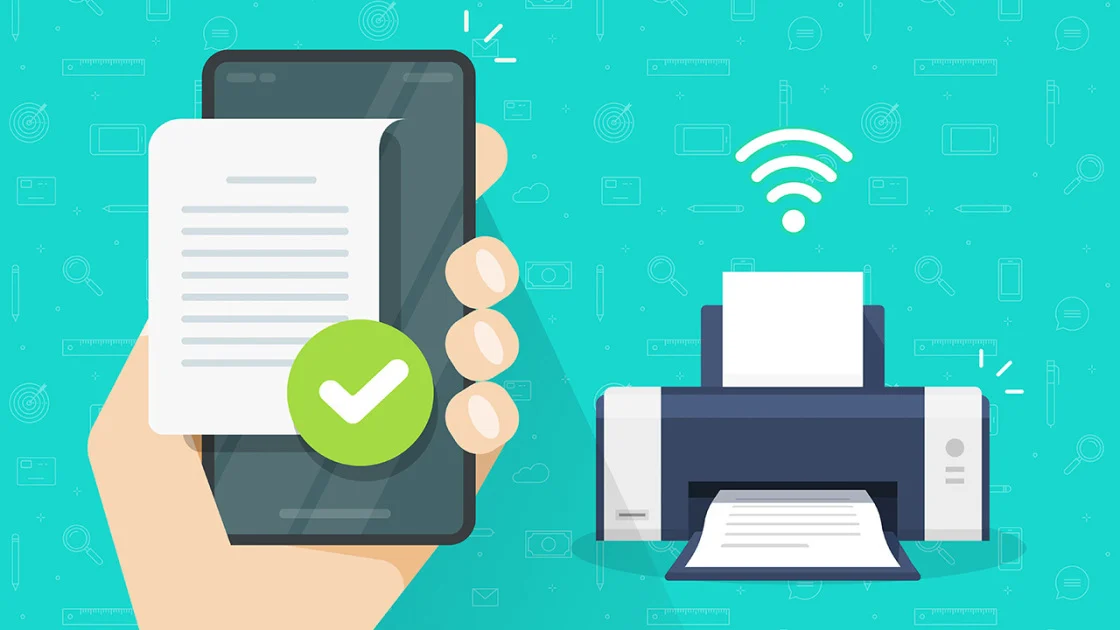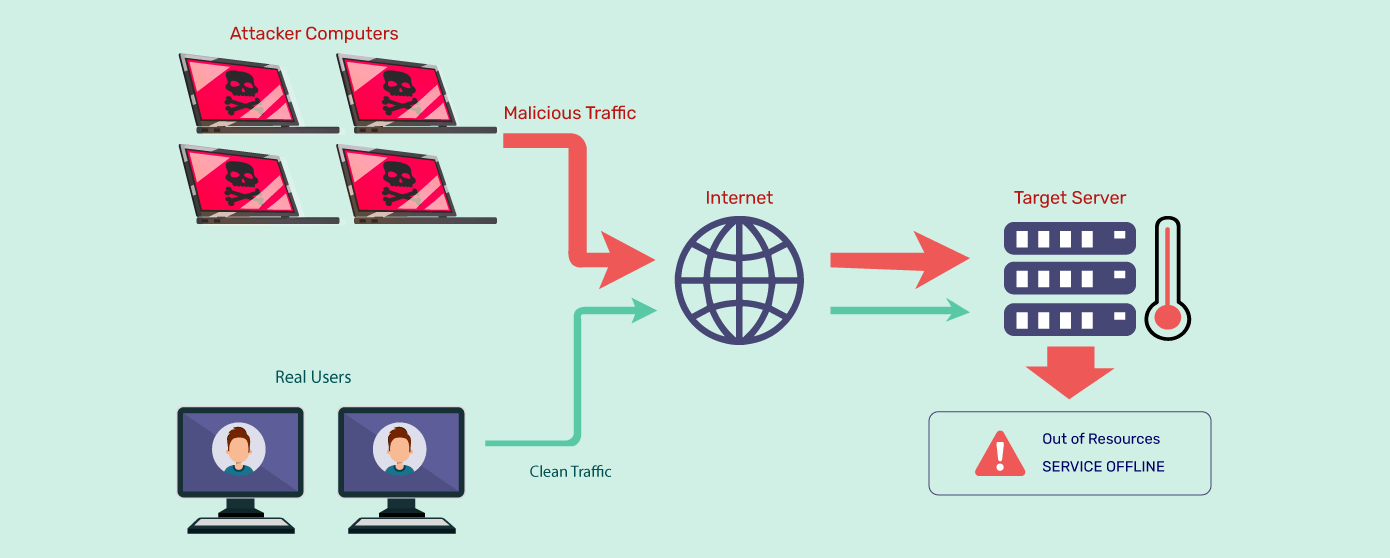When planning a kitchen, one of the most crucial decisions is how to organise storage. A well-structured system of storage ensures that this workspace remains clutter-free and, therefore efficient. However, decisions regarding the choice between a kitchen rack and a kitchen cabinet design are often quite difficult. Both options have their pros and cons, and the best choice often depends on your kitchen size, style, and personal preferences. Let’s dive into a detailed comparison to help you decide which one deserves a spot in your kitchen.
Functionality and Accessibility
Kitchen Racks:
Kitchen racks are open storage pieces that emphasise accessibility. Whether a spice rack, a dish rack, or a multi-tier shelf, reaching for something is easy in these racks. They often prove very helpful for regular-use items such as utensils, cookware, or spices. Wall-mounted racks in small kitchens help save more counter space by keeping everything that users need within easy reach.
Cabinets, on the other hand, are ideal for concealed storage. They’re perfect for storing less-used items such as seasonal baking trays, large appliances, or pantry staples. Cabinets maintain a clean, minimalistic appearance and are highly customisable, with options for sliding shelves, pull-out trays, and hidden compartments.
Verdict:
If convenience and visibility are priorities, kitchen racks have the edge. However, for an organised and neat look, kitchen cabinets take the crown.
Aesthetic Appeal
Kitchen Racks:
Open racks add a very casual and industrial look to the kitchen. They can be very stylish by showcasing bright-coloured plates, jars, or plants. But they are messy to clean because they are open to dust and clutter.
Kitchen Cabinets:
Cabinets are a great example of aesthetic consistency. Because of their many designs, materials, and finishes, they suit the most modern, rustic, or traditional kitchen setup. From sleek white laminates to wood finishes, they do the job of functionality with style.
Conclusion:
If you want to have an easy-to-maintain yet elegant and cohesive appearance for your home, kitchen cabinet designs will serve the purpose. However, if you like to have some touch of rustic or quirkiness, a stylishly selected kitchen rack would make it happen.
Space Optimisation
Kitchen Racks:
Kitchen racks are flexible in terms of space usage. Corner racks, vertical shelving units, or hanging racks can convert dead spaces into useful storage. For small kitchens, racks are a lifesaver, as they do not require much installation effort or space.
Kitchen Cabinets:
Cabinets provide an organised form of storage but tend to hog wall and floor space. To better utilise space, modular kitchen cabinet designs feature corner cabinets or pull-out pantry systems. However, without proper planning, wasted or hard-to-reach corners occur.
Verdict:
Racks can maximise storage in smaller kitchens without cluttering the space. For larger kitchens, cabinets offer better organisation and more storage capacity.
Durability and Maintenance
Kitchen Racks:
Kitchen racks are usually made of stainless steel, wood, or plastic. They are very light and easy to clean. However, because they are open, they are exposed to wear and tear. Metal racks can rust if not maintained.
Kitchen Cabinets:
The cabinets, especially those made with quality materials such as plywood or MDF with laminates, are durable. They also save the stored items from dust, grease, and pests. Regular cleaning and occasional polishing keep them looking new for many years.
Verdict:
In the long run, kitchen cabinets are more durable and need less frequent cleaning than racks, making them a low-maintenance solution.
Budget Considerations
Kitchen Racks:
Racks are very cost-effective and easily available. A basic wall-mounted rack or multi-tiered shelving can be purchased at a good price from a store, making them appropriate for renters or people with tight budgets.
Kitchen Cabinets:
Cabinets are much more expensive. Their price can vary due to the material, design, and customisation options. Although the initial cost is higher, the cabinets add value to your home and are a long-term solution.
Verdict:
Kitchen racks are unbeatable for a quick and affordable storage fix. Cabinets, however, are worth the investment for those homeowners who value durability and resale value.
Flexibility and Versatility
Kitchen Racks:
The primary benefit of racks is that they are easy to move or replace whenever you want to. They’re thus highly adaptable. They are easy to install, and you don’t need professional assistance for the task.
Kitchen Cabinets:
Cabinets are permanent installations that do not offer much flexibility after they have been designed and installed. However, cabinets are the most versatile installations for layout and storage configuration, as they can accommodate everything from cutlery to large appliances.
Verdict:
Racks are the best choice for a dynamic kitchen installation, while cabinets are the best choice for a permanent and structured installation.
This ultimately depends on how big your kitchen is and what its storage needs and style are. Racks are perfect for small kitchens and rentals and are versatile and budget-friendly. Cabinets are for a large kitchen and focused on organisation, beauty, and sturdiness.
Instead of choosing one over the other, consider a mix of both. Use cabinets for concealed storage and racks for easy access to everyday items. This combination provides the best of both worlds, ensuring your kitchen is functional and visually appealing.
No matter which one you choose, proper planning and a well-thought-out layout will enable you to maximise the use of your kitchen storage area.









